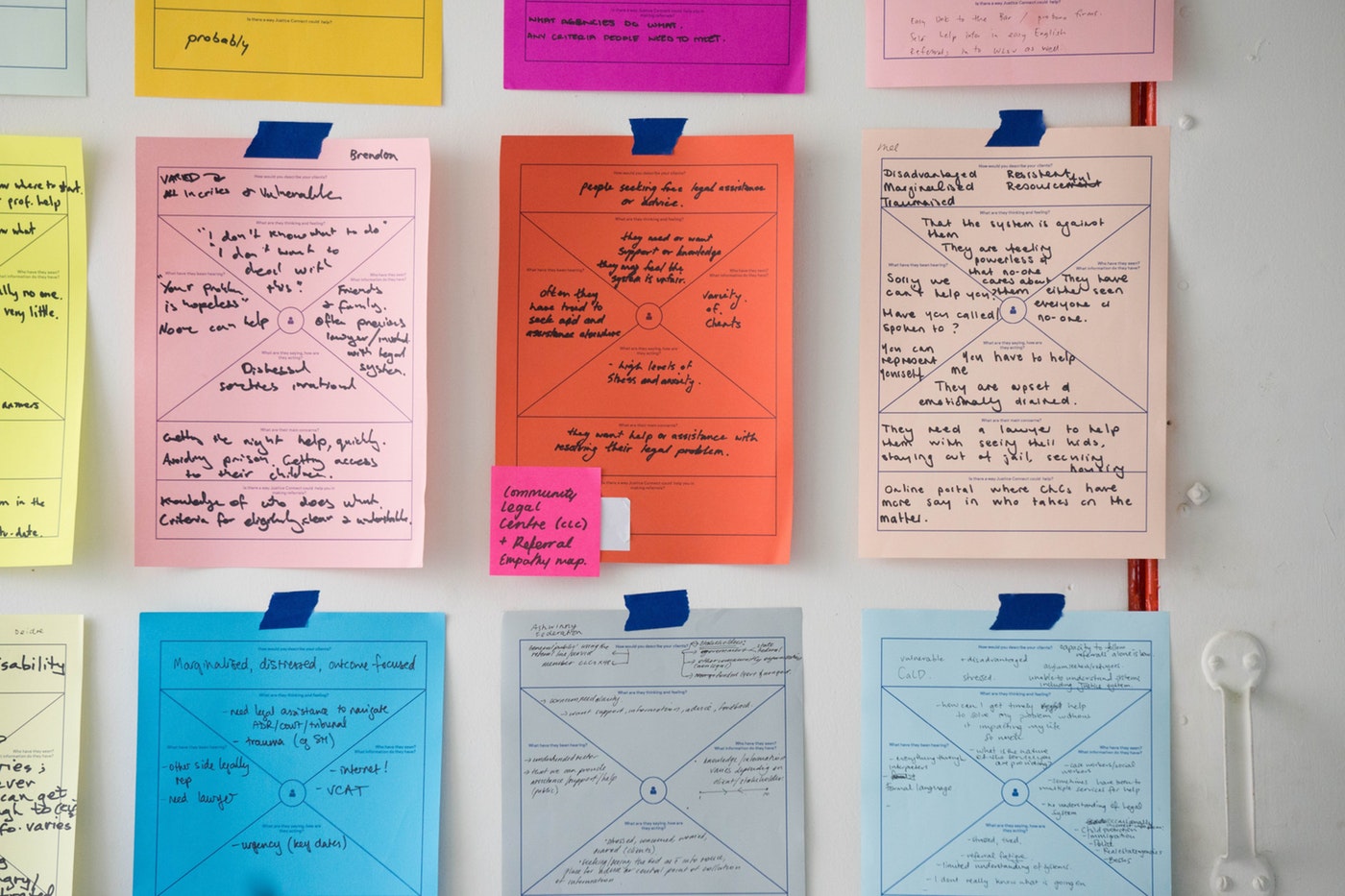
The Power Of Learning To Say No
The Two Sides of Opportunity
In this Growth Engine episode, I want to ask you to think about the power of learning to say no.
What do I mean by that?
Well, people see opportunity all the time, and in most of the cases they see an opportunity of what the benefit is, but there are two sides to opportunity.
There’s the opportunity and the benefit that would come out of that and there’s also the cost to explore that opportunity.
And that’s often, not necessarily missed, but overlooked initially, and then brought in at the back end when sometimes it’s too late and you are overcommitted.
So I really want you just to back up a couple of steps here.
The next time you get offered an opportunity, and that could be an opportunity to
- Recruit a new team member
- Take on a different client
- Move into a new market
- Launch a new product or service
It doesn’t really matter, opportunities are opportunities, and there’s an article which we’ll link here about opportunities are everywhere which is the positive side of this article.
The Cost of Opportunity
However, I also want you to think about what does it cost to explore these opportunities.
Recently, I sat in a boardroom and we were discussing a new opportunity, I’ll keep that confidential because any sort of information I give around that will probably give the clients away.
I sat there and this opportunity came around the table for debate and all I heard from the management team for the first few minutes was, we could do this, we could do that, we could do this, we could that.
You get the idea, It was positive, positive, positive, positive.
And not one to be the spoiler or sour grapes here, however, it’s my job as non-exec to sit there and sort of challenge the board, and what I’m thinking is,
“Okay.” I’m just looking up
- What we’ve currently got on in the schedule
- What commitments we’d already made to existing clients
- What the resources both in time, energy and finances that we’d already committed to those projects
I’m thinking, “This glass looks pretty full at the moment.
Whilst this is an amazing opportunity, can we really deliver it?
Can we really get it squeezed in without either messing up or affecting the other projects that were already in play?”
So I let the debate sort of burn out, and usually, it comes around the table and they said,
“What do you think Mike?”
I said,
“Well, let’s just park the opportunity for a moment, and let’s just look at what we’ve got on, and let’s put into context.”
Think Before Saying Yes
And I think that’s all I’m asking you to do. I don’t want you to think I’m saying, don’t explore new opportunities, of course, we should do, that’s how we change the world as high growth entrepreneurs.
However what I am saying is when these opportunities arise, yes, debate it for a few minutes, or get a basic understanding of it, what it would be, and then just park it.


Does my team have the capacity, and what will it affect by taking on the project?
What’s the cost?
And if we spend this additional time or this free time, would it be better invested in a different project?”
Could you deliver the existing projects faster, and then just delay this next project a while and follow it on, so then you’re getting the best of both worlds?
Or, do you just say no?
The Power of Saying No
There is a whole article around just saying no to business opportunities, and the wild mistakes that entrepreneurs make, poorly thought out ideas, they see the glory they don’t see the guts, or they’re not prepared to put the hard yards in to get it.
So the power of saying no sometimes is the best way.
Or, task the person who’s presenting the opportunity, get them to do more of the leg work.
Say to them,
“Well, look, for us to consider this, whether it’s at board level, or for me to look at it, I’m a little bit tight on time, could you write me a one-page opportunity?”
What we call a business case document.
The Business Case Discipline
And that business case document who’s presenting the opportunity to you could be something like,
- This is the opportunity
- This is what we expect to be done
- This is the output that we require
- This is the timeframe
- This is the budget
A lot of people who are pushing these wild opportunities into businesses are often not 100% clear on what the opportunity is themselves.
Avoid The Scope Creep That Eats Away The Profit
Then that dreaded scope creep comes in so you can take it on, and we’ve all thought we are catching a tennis ball, and by the time we’re finished we’ve having to catch and carry a bowling ball that increases in size and weight, this has a knock-on effect and puts additional
- Strain
- Time
- Pressure
- Cost
Before you know it the opportunity becomes a nightmare.
So this is not a negative post at all, I don’t want you to think about it that way.
Adopt a Risk Management Conscience Before Saying Yes
My objective here is to challenge your conscience, get you thinking straight, and when an opportunity comes, yes, by all means, get it fully understood.
Measure against time, energy and finance and whether you’ve got the reserves to do that, also measure it against how it would affect other projects, measure whether you would be better doing that at a later date or take on in three months time, or defer it and say no.
Also, go through that process of what the cost to produce or take on that opportunity is.
What Are Your Wins and Learning Experiences?
I’d love your comments below. How many times have you taken an opportunity on that you thought was a tennis ball, and it turned into a bowling ball?
Maybe it was a loss-maker, or it caused you damage or reputation ruin?
Or I’d love to see the wins as well, where you’ve taken on an opportunity on the fly, it was a little bit nervy, you hit the sides a bit, or it just went straight through and you absolutely nailed it.
So the success or failure stories, it doesn’t matter.
There’s no real failure, you either win or you learn.
That’s our philosophy as you know, so I’d love your comments below.






